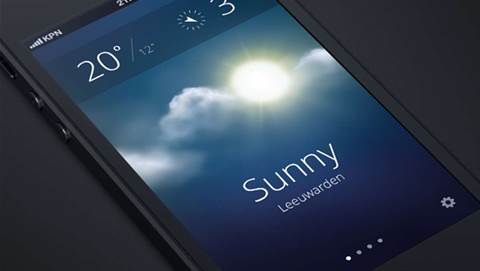A delayed SpaceX launch will, when it goes ahead, launch a “hacking test bed” satellite named Moonlighter.

The brainchild of the International Space Station (ISS) National Laboratory, Moonlighter is a three-unit sandbox; attempted hacks will help identify how to prevent hacks on satellite systems.
The ISS National Laboratory explained that Moonlighter "will allow cyber security professionals and some of the world’s best hackers to do space-based cyber experiments that are repeatable, realistic, and secure.”
While not an attack on its satellites, the February 2022 Viasat compromise revealed how disruptive an attack on space communications can be.
For example, this 2020 Hackaday article gives instructions on how to eavesdrop on unencrypted satellite signals.
“We wanted to build something new from the ground up to fill gaps in cyber activities in space, where the vehicles to do cyber security testing in orbit have not existed,” said Aaron Myrick, project leader for Aerospace.
“When we say it’s a sandbox, Moonlighter is like a 'playground' where we provide the space and the tools for professional hackers to perform cyber exercises and test out new technology.
"We hope this will lead to more cyber-resilient architectures for future space missions.”
The sandbox is part of the annual Hack-A-Sat 4 challenge. Finalists will have the chance to hack the CubeSat in orbit during the August DEF CON convention.
Hack-A-Sat is supported by the US Air Force and US Space Force, as well as Aerospace.
Moonlighter is part of a payload of six cubesats launching on SpaceX’s 28th commercial resupply services mission; the other five are were developed by students in Canada’s CubeSat project.




.jpg&h=140&w=231&c=1&s=0)

















